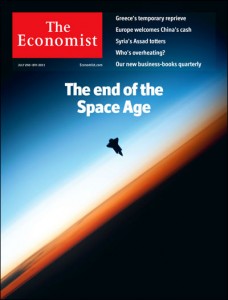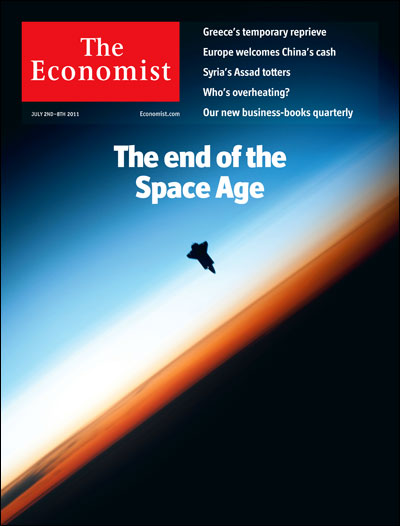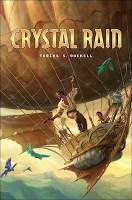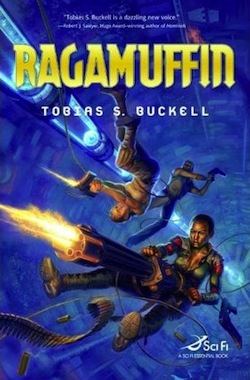I’ve read a number of Paolo Bacigalupi’s short fiction stories and, though I am skeptical of his environmentalism and don’t agree with (what I can glean of) his politics, they have all been uniformly well-written and compelling — interesting worldbuilding coupled with fine prose and characterization. They all seem to be set in a post–global warming/post–energy crisis future Earth, maybe a century or so hence. “The Calorie Man” is no exception. There’s even a libertarian angle that I’ll get to in a moment.
Paolo Bacigalupi is being nominated for, and winning, awards left and right. “The Calorie Man,” actually a novelette, was nominated for the Hugo Award and won the Theodore Sturgeon Award in 2006. First published in the October/November 2005 double issue of The Magazine of Fantasy & Science Fiction, this story can also be found in The Year’s Best Science Fiction: Twenty-Third Annual Collection, edited by Gardner Dozois — where I first encountered it — and in Bacigalupi’s short fiction collection, Pump Six and Other Stories, itself a winner of the Locus Award for Best Collection in 2009 and containing a number of award nominee and winning stories.
Our petroleum-based and prosperous time, referred to in “The Calorie Man” as the Expansion, gave way to an energy Contraction and one gets the impression that humanity has struggled slowly to adapt. This future earth is more advanced in some ways (e.g., genetic engineering) and less advanced in others, mainly owing to the lack of cheap and powerful fuel (e.g., people are reduced to methane lamps for lighting and powering computers with human labor via treadles). There are trappings of steampunk — dirigibles are mentioned, and high-precision kink-springs are the primary means of storing kinetic energy and powering engines — but the tone is decidedly not that of steampunk. I thought to call Bacigalupi’s style of science fiction biopunk but alas someone else has already coined that term for it; enviropunk would also be a good label.
The plot of the story centers around greedy megacorporations and the genetically engineered and patented crops that are used to feed and fuel human beings, their genetically engineered beasts of burden, and their machines. We’re not talking your run-of-the-mill biofuel, such as ethanol, here. No, Bacigalupi’s twist is to have the crops used to feed mulies and megadonts (genetically engineered descendants of mules and elephants, respectively, I think) that transform those calories into stored kinetic energy by walking treadmills that wind the aforementioned high-precision kink-springs. All “natural,” unpatented crops have been conveniently wiped out by agricultural disasters and diseases to which the genetically engineered crops turned out to be resistant or immune, leaving a few agricultural corporations in tightfisted, monopolistic control of the world’s primary sources of food and energy.
As “The Calorie Man” opens, we’re introduced to the main character — an Indian transplant to the American South. Lalji plies the Mississippi River in a kink-spring-powered boat looking for antiques from the Expansion to salvage and sell. But an old friend has an unusual and dangerous job for him now. He is to travel far up north to find and smuggle back to New Orleans a man the big agricultural corporations want captured or killed, a man who supposedly can upend the economic status quo.
[continue reading…]
Help Promote Prometheus Unbound by Sharing this Post













